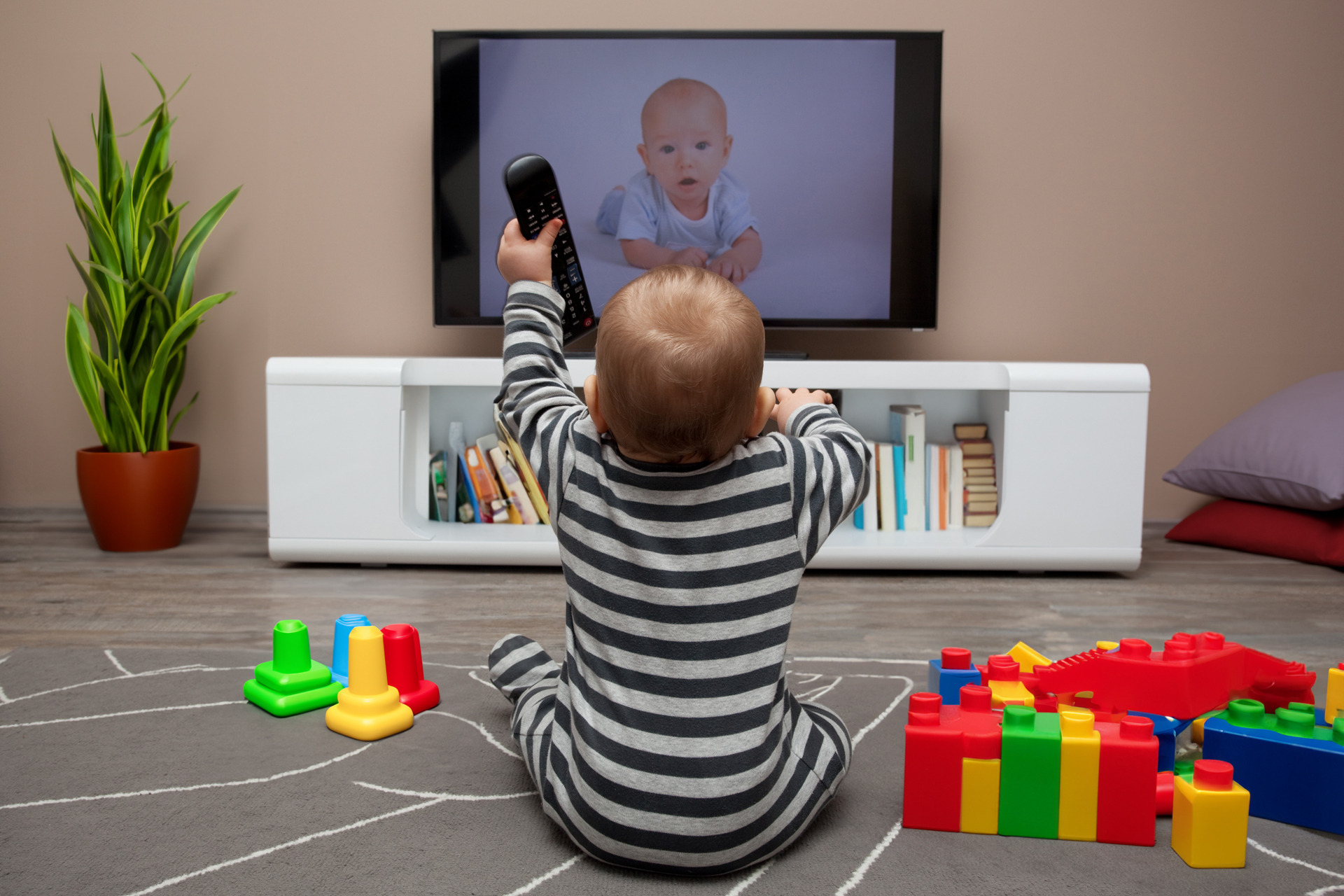Is TV Bad for Babies? The Truth About Early Screen Exposure
In today’s digital age, parents face a pressing question: Is it safe for babies to watch television? The allure of technology’s ability to entertain and educate can be enticing, but recent research underscores the importance of carefully considering the impact of early screen exposure on our youngest ones. Whether television is detrimental or benign for infants’ development is complex.
The Allure of TV for Babies
From the moment babies enter the world, they are like sponges, eagerly soaking up information from their surroundings. Parents naturally want the best for their child’s growth, which includes language and cognitive development. This innate desire often leads parents to ponder whether television could serve as a tool for enhancing their baby’s early learning experiences.
It’s undeniable that modern TV programs for infants are designed to be engaging, colorful, and filled with educational content. Many parents view these shows as a potential way to introduce their children to letters, numbers, and basic concepts. However, examining whether these benefits outweigh the potential drawbacks is essential.
The American Academy of Pediatrics (AAP) Recommendations
The American Academy of Pediatrics (AAP) suggests that children under the age of 2 should not watch television. These recommendations might seem stringent, but they are grounded in a wealth of scientific evidence. The AAP understands the allure of screens and the challenges of modern parenting, but their stance reflects a more profound concern for children’s healthy development.
Research has shown that babies are remarkably receptive to language from birth. They start making vowel sounds as early as 2 months and may enter the babbling stage around 4 months. Every word they hear contributes to their language bank. However, not all language is equal. Background television noise, often used by parents as a form of background sound, has been found to be more distracting than helpful. This is because language is fundamentally a social interaction. It thrives when it comes from human beings in person, not from a screen.
The Dangers of Background TV Noise
Imagine your baby’s environment filled with the constant hum of a TV in the background. To adults, it may seem harmless, even comforting. However, it can be detrimental for babies at a crucial stage of language development.
Babies are eager to learn and communicate, and they do so by actively listening to the sounds and words around them. They absorb everything, from the melody of your voice to the nuances of language. However, background TV noise, even when meant to be educational, can divert their attention and hinder their ability to focus on meaningful language input.
The Negative Impact of Excessive Screen Time
A groundbreaking study tracked children from the age of 2 to kindergarten and found a statistically significant drop in verbal IQ among those exposed to TV background noise during mealtimes. This study provides a sobering glimpse into the potential consequences of excessive screen exposure during early childhood.
It’s concerning that American children are exposed to an average of over four hours of background TV noise daily. The most vulnerable to these effects are babies and toddlers. This revelation underscores the necessity of reevaluating our parenting choices and their potential risks to our children’s cognitive development.
The Power of In-Person Interaction
So, why is in-person interaction so critical for a baby’s development? Conversations and interactions between parents and infants stimulate their brains in unique ways. It requires attention and involves picking up on cues like body language, vocal tone, and facial expressions. These elements are crucial for babies to grasp the meaning behind words.
When you communicate with your baby face-to-face, you are helping them understand that words have specific meanings. Research unequivocally demonstrates that in-person talking is the most effective way to teach your baby how to talk.
How Community Choice Pediatrics Can Help
If you’re wondering whether TV is detrimental to your baby and need help for their growth and development, you can count on Community Choice Pediatrics. Our team of experts in baby and kids’ health and development is here to give you the advice and support you need to make smart choices for your child’s future.
We understand how crucial talking and being with your baby is when they’re little, and we can assist you in dealing with the challenges of modern parenting. To discuss your worries and learn ways to help your baby grow, you can schedule an appointment with Community Choice Pediatrics online today. We’re here to support your child’s well-being.

